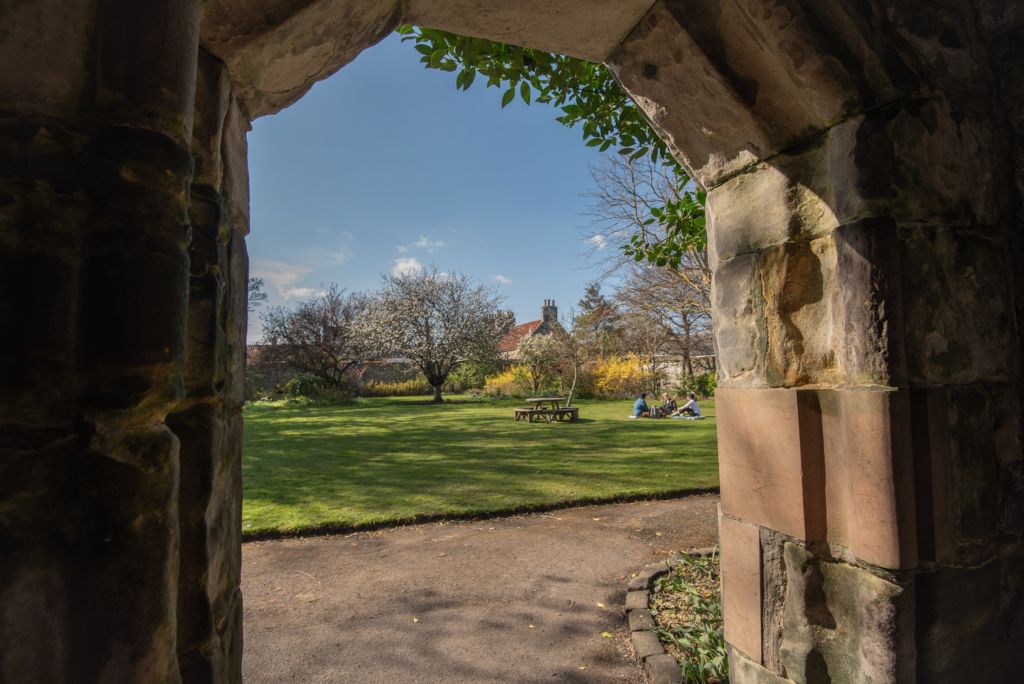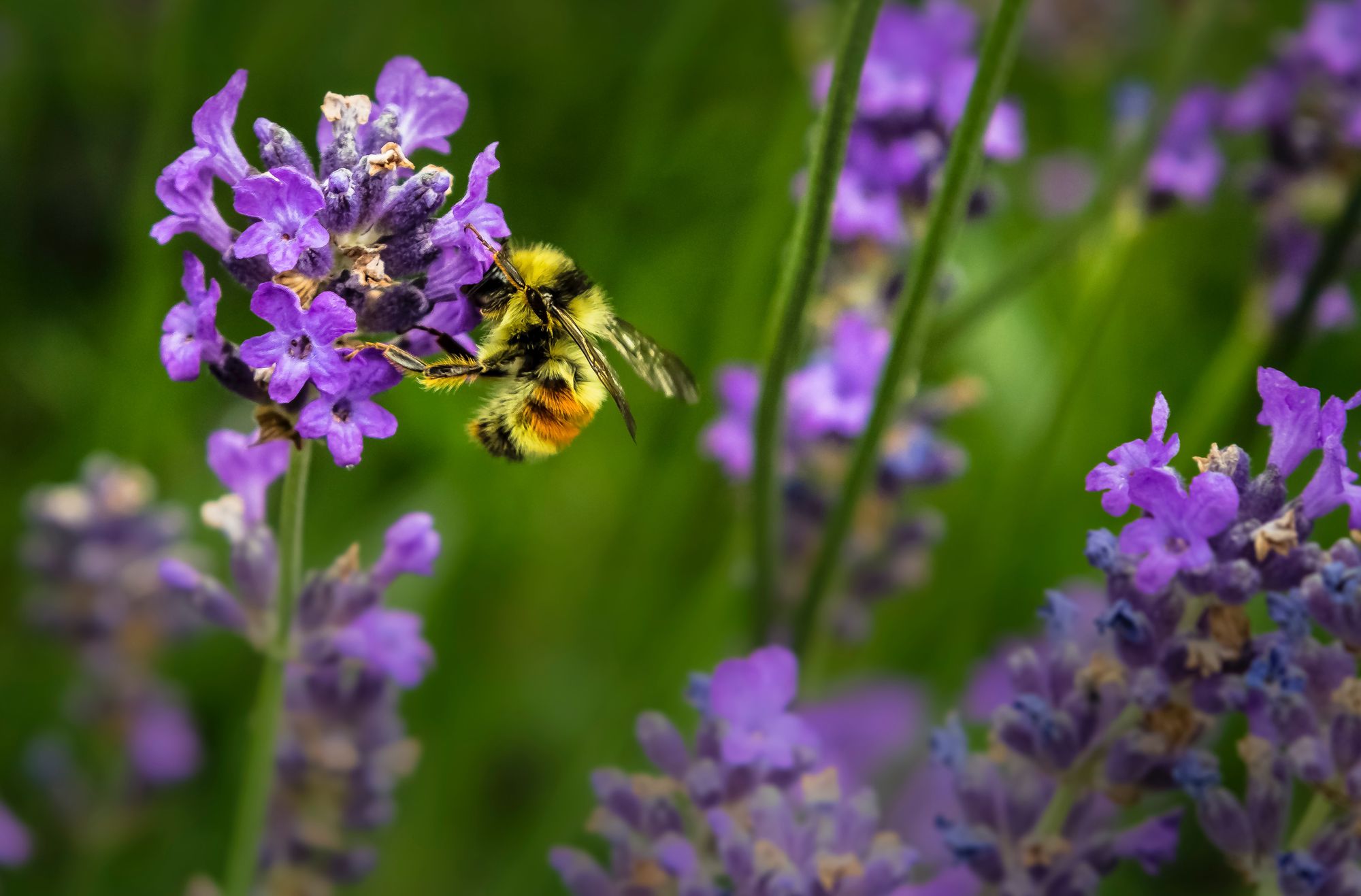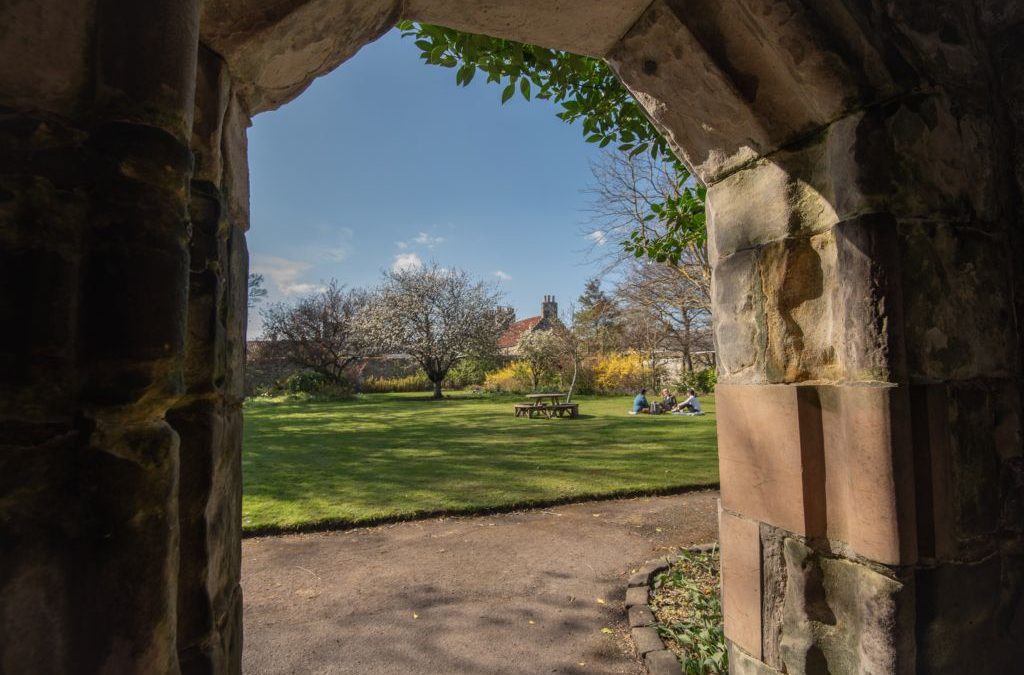
St. Andrews University in Scotland goes the extra mile to make the grounds and campus more pollinator-friendly by turning the lawns into meadows.
The project is called The Urban Meadows for Pollinators Project and will transform eight hectares of close-mown grassland into meadows with lots of biodiversities. The rewilding initiative is a collaboration between the school and Fife Council, St. Andrews Botanic Garden, the Fife Coast, and Countryside Trust, and Crail Community Partnership.
The University aims to become carbon neutral by 2035. It was also the first university to organize an interdisciplinary sustainable development program back in 2005. The program relies on a Biodiversity Working Group established in 2019. It consists of staff, academics, students as well as external experts. The group constantly works to improve the sustainability of the whole campus.
The Optimist Daily writes: In accordance with the group’s recommendations, ten percent of the school’s grounds will be managed as open space for wildlife by next spring, with the goal of managing 60 percent of university-owned land for biodiversity by 2035.
What will be done to rewild the campus? Besides planting native pollinator-friendly species, the University will cut down on lawn-mowing to a couple of times a year. The university’s spokesperson said to Treehugger:
"The university grounds team has been actively reducing the use of weedkillers which includes moving away from glyphosate. Areas across the campus are zoned to include weedkiller-free wildlife sites, and the use of general weedkillers around tree roots and paths has been much reduced or eliminated. Mechanical methods and selective weedkillers are still used on sports pitches but this is an annual cycle rather than more regular application."

Not only will this project support insects. It will encompass birds, such as swallows and goldfinches, together with mammals, like hedgehogs and bats.
One team member told Treehugger that positive changes are already visible.
"It’s been wonderful working alongside the meadows seeing the burst of colour and beauty in the summer. It is instantly noticeable the major increase in biodiversity. What is also exciting is seeing how people are engaging with the meadows, appreciating them as a space, and connecting themselves to nature."
Picture: The Optimist Daily





